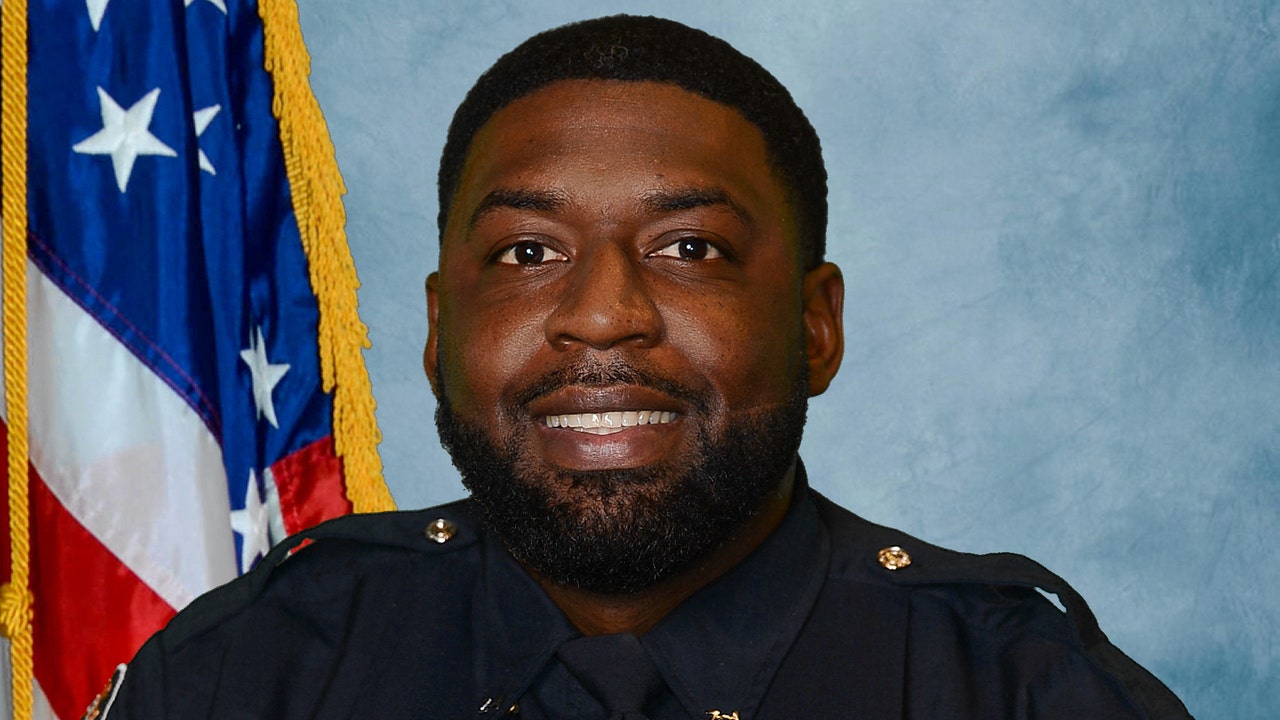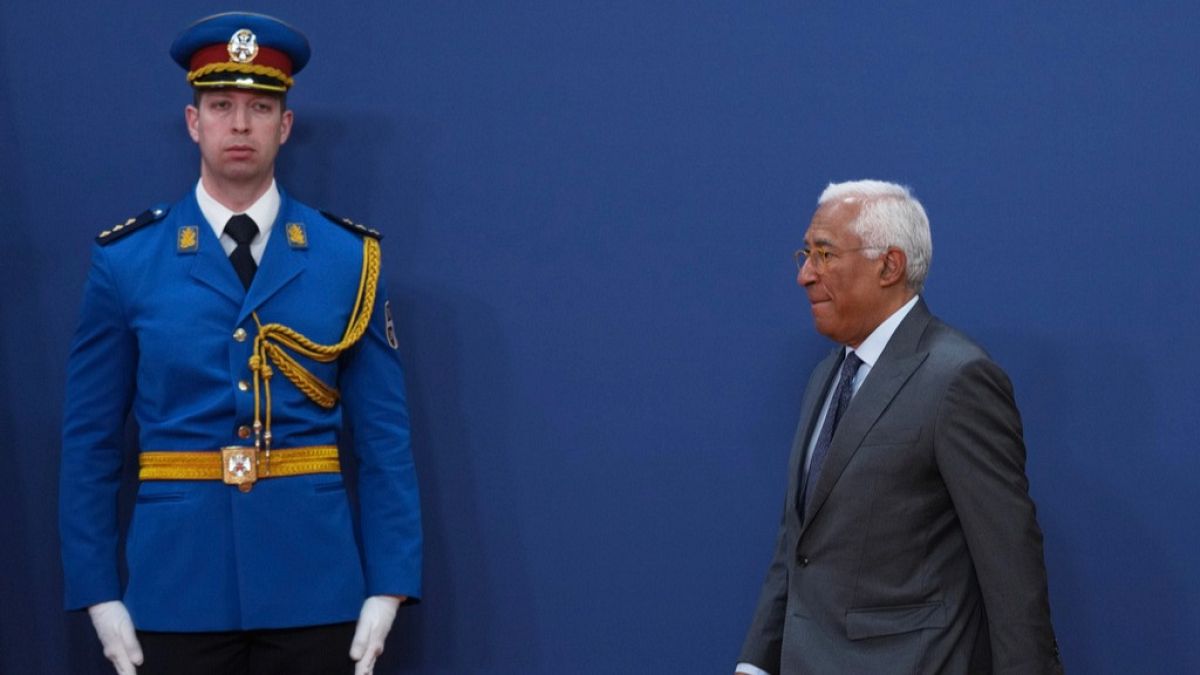Health
When Missiles Strike Kyiv, These Psychologists Race to Help

Hands shaking as she covered her mouth, a woman looked toward a gaping hole in the side of a high-rise, the contents of apartments spilling out of its side.
Standing alongside her was Ivanka Davydenko, 29, wearing a blue uniform with “Psychologist” emblazoned in yellow on both sides, her arm placed gently across the woman’s back.
She handed her a paper cup of water and asked how she could help. The woman’s son lived on the building’s 18th floor, she explained, and he was not answering his phone. Most of that floor was gone.
“We help people because they are in a state of shock and do not always understand what they need at the moment,” Ms. Davydenko said. “We offer banal things: water, coffee, a blanket.”
Ms. Davydenko is a member of a small team within Ukraine’s State Emergency Services, delivering psychological first aid at moments of crisis in the capital, Kyiv. She arrived minutes after a Russian attack, early on the morning of June 24, in which Ukrainian air defenses destroyed incoming missiles, causing fragments to careen into apartments.
Russia’s attacks on Ukraine have forced its emergency crews to face not only fire, smoke and blood, but also the rippling psychological effects felt by people experiencing war. Public health experts warn that millions of Ukrainians will probably develop a mental health condition because of the invasion, and that the number will only grow as the days of bombardment, violence and grief go on.
So Ukraine’s emergency crews include not only firefighters, paramedics and police officers, but also psychologists, including Ms. Davydenko, to help people dealing with the immediate effects of shock or other acute mental health care needs.
There are similar efforts in other cities, but with Russian missiles persistently raining down horror on the capital, the Kyiv team is perhaps the busiest.
“Before, we used to respond to serious and large-scale emergencies, like a gas explosion and where a lot of people needed to be evacuated,” said Liubov Kirnos, the Kyiv unit’s manager. “When the war started, we were on duty all the time, we didn’t leave the city.”
Like other emergency workers, the psychologists are on call. When an attack happens, a coordination center sends a team racing to the site.
There, psychologists often find people crying, frozen in shock or breaking down.
“When we meet a person for the first time, we ask, ‘What do you need right now? How are you feeling right now?’” Ms. Kirnos said. Some people simply ask the psychologists to stay close for a while. “They might be expecting their loved ones to be taken out from the rubble,” she said.
That was the case on June 24 with the mother Ms. Davydenko was supporting. The psychologist walked with her as she consulted a list of people taken to hospitals or missing.
But as they walked away, a firefighter said in a low voice that there was nothing left on the 18th floor, where her son had lived.
Residents had been sleeping when the strike tore open their building before dawn. The bodies of at least two victims had been thrown from the building along with twisted metal, insulation and fragments of furniture, scattering into the parking lot below.
Dozens of people stood in shock, Ms. Davydenko said, including some who had seen dead bodies and others who were wounded but did not fully understand they were bleeding.
Ms. Davydenko and another colleague at the site would help around 45 people over some 12 hours.
Iryna Kuts, 62, went to Ms. Davydenko with her daughter, still trembling from shock, asking for some water and a moment to speak.
Ms. Kuts described being jolted from sleep in her 19th-floor apartment, and then her room filling with smoke.
“We were just hugging, thinking we would suffocate,” she said. They eventually made their way down the stairs, helped by police officers, but were surveying the ruins of their apartment building in a stupor.
“We provide psychological first aid to people with anxiety, stress, crying, aggression,” Ms. Davydenko explained. “Then we work with people who stay on the benches, in the yard, because it’s like a second emotional wave is hitting.”
A young woman in a white tank top who had been wandering the parking lot sobbing was led over. The woman’s father, a resident, had survived the strike but was refusing to come out.
“Don’t worry, everything will be fine,” Ms. Davydenko told her, holding her arm, adding that firefighters would help her father out. “But you cannot go in — no one can.”
She waited until the father finally emerged, and the young woman threw her arms around his neck, weeping.
Not everyone would have such a happy reunion. Later in the day, Ms. Davydenko accompanied the mother and her husband, who had been looking for their son, to examine the badly mutilated remains of a body.
They were still awaiting official DNA confirmation, but the remains were most likely her son’s, the psychologist explained.
The next day, city officials confirmed that five people had been killed in the strike.
Public health experts like Dr. Jarno Habicht, the head of the World Health Organization’s office in Ukraine, have warned of the war’s long-term and widespread effects on mental health. In an interview, he said that an estimated 10 million people would most likely develop some form of mental health condition because of Russia’s invasion.
The W.H.O. estimate, based on an analysis of how other conflicts had affected mental health, will probably increase the longer the war drags on, he added. Stress-induced disorders, including anxiety and depression, are among experts’ main concerns.
The key to addressing mental health concerns in Ukraine, Dr. Habicht said, “is not waiting until the war is over.”
A handful of programs have sought to help Ukrainians, including one spearheaded by Olena Zelenska, the first lady, that aims to make high-quality, affordable mental health services available to people across the country.
Ukraine’s Ministry of Health, the W.H.O. and more than a dozen other partners have also begun a program to train primary care physicians on how to treat patients with depression, anxiety, post-traumatic stress disorder, suicidal behavior and substance abuse.
But programs like the emergency team of psychologists try to provide an early intervention in moments of crisis.
“If you don’t deal with stress right away, it can turn into long-term stress, which can turn into P.T.S.D.,” said Ms. Kirnos. “It’s aimed at helping bring home the idea to people that, ‘You were in danger, but now you’re safe.’ If we don’t do this right away, people might get stuck in this state.”
Still, the burden can also be heavy for those giving psychological care. Days after the missile attack on Kyiv, Ms. Davydenko said team members were working with their own therapists to process what they had seen.
“Of course,” she said, “I am also a human being.”
Oleksandr Chubko and Oleksandra Mykolyshyn contributed reporting.

Health
Trump’s Focus on Punishing Drug Dealers May Hurt Drug Users Trying to Quit

President Trump has long railed against drug traffickers. He has said they should be given the death penalty “for their heinous acts.” On the first day of his second term, he signed an executive order listing cartels as “terrorist organizations.”
But many public health and addiction experts fear that his budget proposals and other actions effectively punish people who use drugs and struggle with addiction.
The Trump administration has vowed to reduce overdose deaths, one of the country’s deadliest public health crises, by emphasizing law enforcement, border patrols and tariffs against China and Mexico to keep out fentanyl and other dangerous drugs. But it is also seeking huge cuts to programs that reduce drug demand.
The budget it submitted to Congress this month seeks to eliminate more than a billion dollars for national and regional treatment and prevention services. The primary federal agency addressing drug use, the Substance Abuse and Mental Health Services Administration, has so far lost about half its workers to layoffs under the Trump administration and is slated to be collapsed into the new Administration for a Healthy America, whose purview will reach far beyond mental illness and drug use.
And if reductions to Medicaid being discussed by Republicans in Congress are realized, millions of Americans will be unable to continue, much less start treatment.
The White House did not respond to requests for comment. The budget itself says that ending drug trafficking “starts with secure borders and a commitment to law and order” and that it is cutting addiction services deemed duplicative or “too small to have a national impact.”
Those cuts are agonizing, public health experts say, because they come just as the country is making sustained progress in lowering the number of fentanyl deaths. Many interventions may be contributing to that progress, including greater availability of the overdose reversal spray naloxone; more treatment beds, sober housing and peer counseling; and declines in the strength and quantity of the illicit drug supply, they say. But studies so far have not demonstrated convincingly which of those factors merit greater focus and investment.
“It would be a tragedy if we defund these programs without fully understanding what’s working and then our overdose rate starts to climb again,” said Dr. Matthew Christiansen, an addiction medicine physician in Huntington, W.Va., a city once labeled ground zero for the opioid crisis.
A letter signed by more than 320 behavioral medicine academic experts, sent Monday to congressional leaders, decried the cuts, including those to “community-based naloxone distribution, peer outreach programs, drug-use-related infectious disease prevention programs and drug test strip programs.”
The president’s budget calls for ending grants for “harm reduction,” a strategy to prevent disease transmission and keep drug users alive that has become largely accepted by mainstream addiction treatment providers.
The budget derides federal financial support for “dangerous activities billed as ‘harm reduction,’ which included funding ‘safe smoking kits and supplies’ and ‘syringes’ for drug users.”
That language is a callback to false reports in 2022 that a $30 million federal harm reduction grant could be used to purchase pipes for smoking crack and meth. In fact, a small portion of that grant, designated for “safer smoking kits,” was for supplies like alcohol swabs and lip balm. The grant also supported programs in states that permit sterile syringe exchanges, effective in reducing hepatitis C and H.I.V. infection rates.
“You can’t just tell people to stop using drugs with a snap of the fingers,” said Dr. Christiansen, a former director of West Virginia’s drug control policy. “These are tools to reduce the harm of opioids while also helping them be successful long-term.”
According to the federal agency’s annual survey of substance use, in 2023, 27.2 million Americans ages 12 or older had a drug use disorder, 28.9 million had alcohol use disorder, and 7.5 million had both.
The budget does leave intact block grants for states to combat addiction and mental illness. But without the agency’s additional grants, hands-on training and monitoring, in addition to possible Medicaid reductions, states will not be able to afford the many medical and social services required to prevent and treat addiction, Dr. Christiansen said.
David Herzberg, a professor of drug policy and history at the University at Buffalo, said that Mr. Trump’s almost single-minded linking of the nation’s drug problems with border issues harks back to late 19th-century America, when the government associated opium dens with Chinese immigrants. Fearing the incursion of Chinese workers and inflamed by press reports of Chinese men using opium to lure young white women into prostitution, Congress severely restricted Chinese immigration.
Then as now, Mr. Herzberg said, political conservatives found that targeting foreign drug suppliers was a muscular means of advancing broader agendas.
In contrast with highly publicized drug seizures, people who chronically use drugs have become afterthoughts, usually visible only as street irritants, their addiction perceived to be the result of their own choices, he said. Elected leaders who advocate for their welfare risk being tarred as soft on crime.
“If politicians are going to stick their necks out for them, I would be shocked,” Mr. Herzberg said.
Health
FDA warns seniors to avoid this vaccine after deadly complications
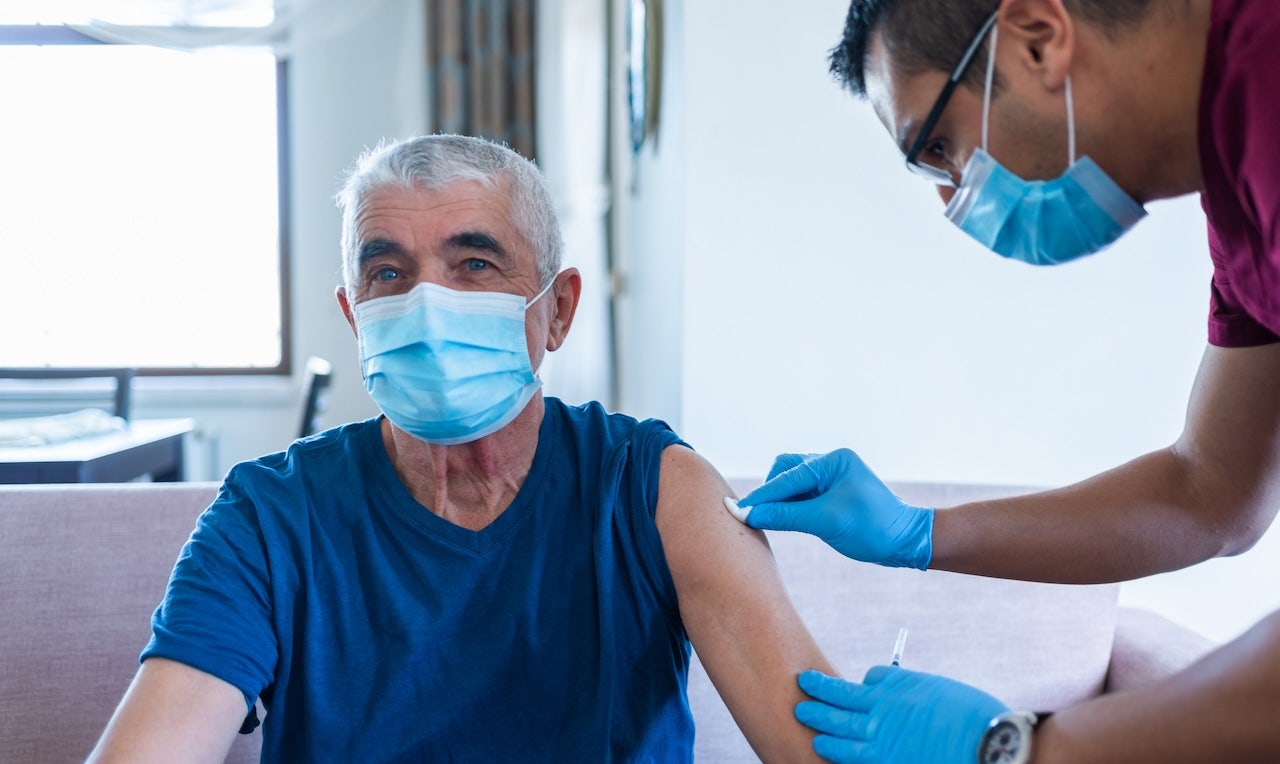
Trump, RFK Jr. launch $500M universal vaccine initiative
Fox News senior medical analyst Dr. Marc Siegel discusses the Trump administration’s initiative to develop a vaccine to target multiple viruses and the Murdoch Children’s Research Institute studying potential vaccines for strep.
Older adults are being warned against receiving the chikungunya vaccine before traveling.
The Ixchiq vaccination, developed by Valneva to prevent the mosquito-borne chikungunya virus, was approved by the Food and Drug Administration (FDA) in November 2023 as the first of its kind.
The approval applies to anyone aged 18 and older who has a risk of being exposed to the virus.
FIRST VACCINE FOR CHIKUNGUNYA VIRUS, AN ‘EMERGING GLOBAL HEALTH THREAT,’ GETS FDA APPROVAL
But the FDA and the Centers for Disease Control and Prevention (CDC) released a safety notice on May 9 recommending that adults over 60 years old pause use of the vaccine due to fatal complications.
“FDA and CDC will continue the evaluation of post-marketing safety reports for Ixchiq,” the release reads.
Older adults are being warned against receiving the chikungunya vaccine before traveling. (iStock)
“While the safety of Ixchiq for use in individuals 60 years of age and older is being further assessed, FDA and CDC are recommending a pause in use of the vaccine in this age group. FDA and CDC will update the public when the agencies complete their evaluation of this safety issue.”
The advisory follows reports of “serious adverse events,” including neurologic and cardiac events in people who received the vaccine.
Two of 17 events resulted in death from severe complications. One death was caused by encephalitis, or inflammation in the brain, the alert stated.
Those who experienced adverse effects of the vaccine were reported to be between the ages of 62 and 89.
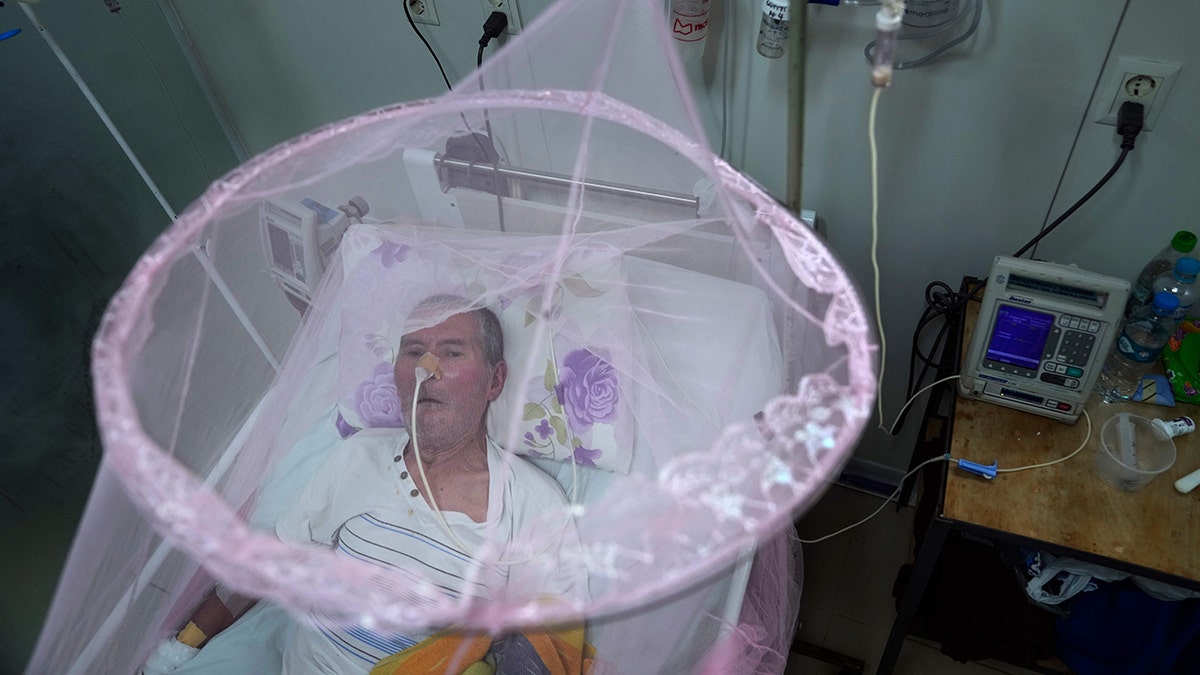
A patient infected with chikungunya looks out from mosquito netting at the Clinicas Hospital in San Lorenzo, Paraguay, in March 2023. The FDA warned that Ixchiq, which contains a live, weakened version of the virus, may cause similar symptoms to chikungunya. (AP Photo/Jorge Saenz)
The FDA warned that Ixchiq, which contains a live, weakened version of chikungunya, may cause symptoms similar to the virus.
Typical symptoms of chikungunya include fever, severe joint pain, headache, muscle pain and a rash, according to the CDC.
CLICK HERE TO SIGN UP FOR OUR HEALTH NEWSLETTER
Most people recover within a week, but some may experience “severe and disabling” joint pain for weeks or months.
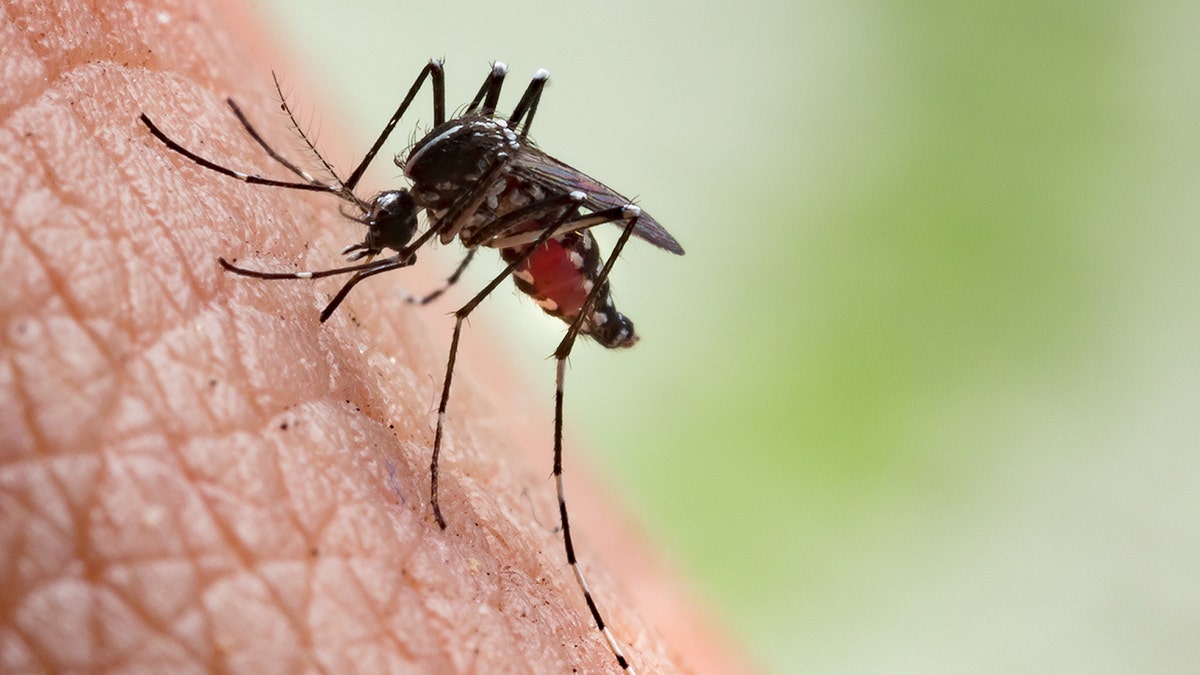
Chikungunya is spread by the bite of infected mosquitoes. (iStock)
“This virus is in a similar category as dengue or Zika and is carried by the same mosquitoes,” Fox News senior medical analyst Dr. Marc Siegel previously told Fox News Digital.
At the time of the vaccine’s approval, the FDA described chikungunya as an “emerging global health threat,” with at least five million cases reported over the past 15 years.
For more Health articles, visit www.foxnews.com/health
The FDA plans to conduct an “updated benefit-risk assessment” for Ixchiq use in those over 60 years of age, according to the notice.
Fox News Digital’s Melissa Rudy contributed to this report.
Health
Lose Weight up to 8x Faster With a ‘Green’ Diet for Fatty Liver

Use left and right arrow keys to navigate between menu items.
Use escape to exit the menu.
Sign Up
Create a free account to access exclusive content, play games, solve puzzles, test your pop-culture knowledge and receive special offers.
Already have an account? Login
-

 Austin, TX4 days ago
Austin, TX4 days agoBest Austin Salads – 15 Food Places For Good Greens!
-

 Education1 week ago
Education1 week agoIn Alabama Commencement Speech, Trump Mixes In the Political
-

 Technology1 week ago
Technology1 week agoBe careful what you read about an Elden Ring movie
-

 Culture1 week ago
Culture1 week agoPulitzer Prizes 2025: A Guide to the Winning Books and Finalists
-

 World6 days ago
World6 days agoThe Take: Can India and Pakistan avoid a fourth war over Kashmir?
-

 Education1 week ago
Education1 week agoUniversity of Michigan President, Santa Ono, Set to Lead University of Florida
-

 Technology5 days ago
Technology5 days agoNetflix is removing Black Mirror: Bandersnatch
-
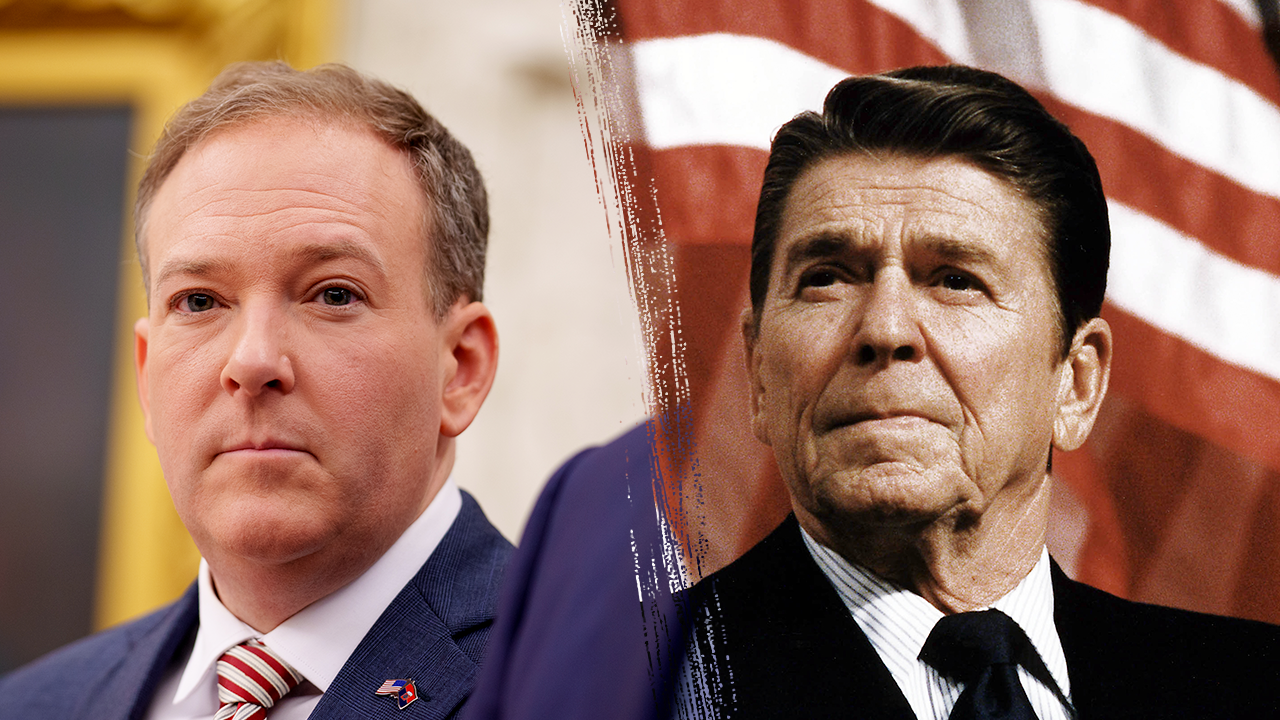
 Politics1 week ago
Politics1 week agoEPA chief Zeldin announces overhauls to bring agency back to Reagan-level staffing

